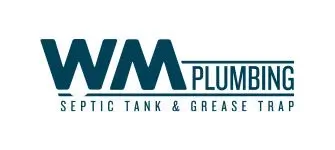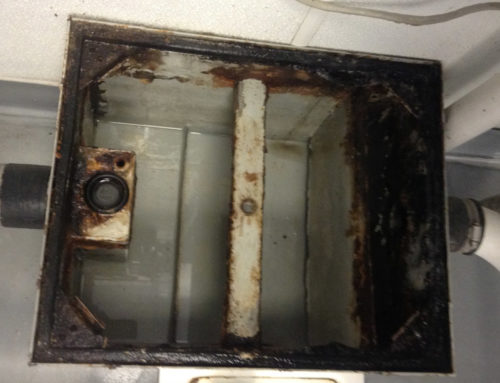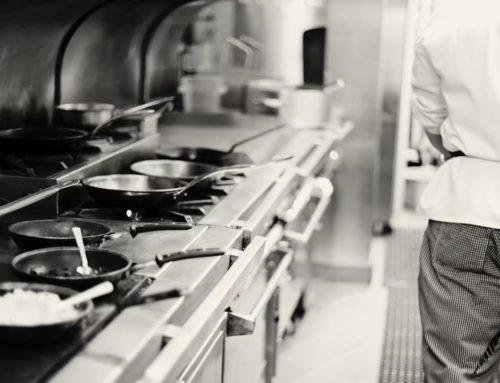Grease Management in School Kitchens

Effective grease management in school kitchens is essential not only for maintaining hygiene and food safety but also for ensuring the proper functioning of kitchen equipment and plumbing systems. With the volume of meals prepared daily in school cafeterias, even small lapses in managing grease and oil can lead to significant health hazards, plumbing issues, and even environmental violations. Implementing proper grease management strategies promotes a safe, efficient, and eco-friendly kitchen environment.
Understanding Grease in School Kitchens
Grease in commercial kitchens typically comes from cooking processes that involve meats, dairy, butter, and oil-based foods. This includes frying, grilling, and baking, all of which are common in school food service. When grease is not properly managed, it can accumulate in drains, pipes, and grease traps, leading to clogs, foul odors, and even sewer backups.
Key Components of Grease Management
Proper Equipment and Maintenance
One of the most important components of grease management is having the right equipment in place. Grease traps and interceptors are essential tools designed to capture grease before it enters the drainage system. Regular maintenance and cleaning of these systems are vital. If neglected, grease traps can overflow, creating unsanitary conditions and disrupting kitchen operations. Schools should establish a strict schedule for inspecting and cleaning grease traps, ideally every month or as required by local regulations.
Staff Training and Awareness
Educating kitchen staff on best practices for grease management is crucial. Staff should be trained to avoid pouring oil or greasy food waste down the sink. Instead, they should scrape plates and pans into designated waste bins and use dry clean-up methods such as paper towels or scrapers before washing. Posting reminders and providing clear signage in kitchen areas can reinforce these practices.
Grease Recycling Programs
Many schools are implementing grease recycling programs where used cooking oil is collected and converted into biodiesel or other renewable resources. Partnering with a licensed grease recycling company can help schools manage waste sustainably while possibly generating revenue or cost savings.
Use of Absorbent Materials
Floors and workstations in school kitchens can become slippery from grease spills, creating a safety hazard. Using absorbent mats or pads in areas prone to grease buildup can help maintain cleanliness and reduce the risk of accidents.
Monitoring and Documentation
Keeping accurate records of grease trap cleaning, equipment maintenance, and staff training helps ensure accountability and compliance with local health and safety regulations. Regular audits and inspections can also help identify areas for improvement and reinforce a culture of cleanliness and responsibility.
Environmental and Legal Considerations
Failing to manage grease properly can have serious consequences. Blocked sewer lines from grease accumulation not only disrupt school operations but can also contaminate local water systems, harming wildlife and the environment. Many municipalities impose fines and penalties for improper grease disposal, making compliance not only a best practice but a legal necessity.
Grease management in school kitchens should be a high priority for facility managers, kitchen staff, and school administrators. With consistent training, proper equipment, routine maintenance, and an emphasis on sustainability, schools can maintain a clean, safe, and efficient food service environment. Ultimately, proactive grease management supports public health, protects infrastructure, and reinforces the school’s commitment to environmental stewardship.




